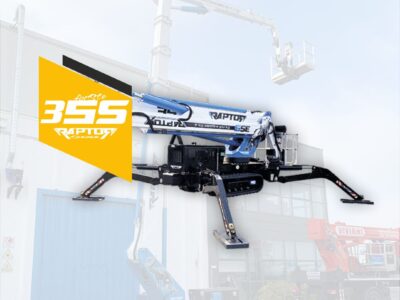
Civil engineering is a dynamic and crucial field that shapes our world. For a successful career in civil engineering, one must possess a combination of education, skills, and personal qualities.
This article will delve into the essential qualifications for a civil engineering job.
1. Educational Requirements
Bachelor’s Degree in Civil Engineering
The cornerstone of a civil engineering career is a bachelor’s degree in civil engineering or a related field. This four-year program lays the foundation for understanding core engineering principles, mathematics, and project management. Accredited institutions ensure a comprehensive curriculum covering structural analysis, fluid mechanics, and geotechnical engineering.
2. Professional Licensure
Engineer-in-Training (EIT) or Fundamentals of Engineering (FE) Exam
After completing the educational requirements, aspiring civil engineers must take the Engineer-in-Training (EIT) or Fundamentals of Engineering (FE) exam. This step is a crucial gateway to obtaining a Professional Engineer (PE) license later in their career. The exam assesses basic engineering knowledge and is typically taken shortly after graduation.
Professional Engineer (PE) License
Achieving a Professional Engineer (PE) license is a significant milestone in a civil engineer’s career. To earn this license, candidates must gain several years of work experience, typically four. The PE license signifies a commitment to ethical standards and a deep understanding of engineering principles.
3. Technical Skills
Proficiency in CAD Software
Civil engineers must be adept at using Computer-Aided Design (CAD) software. CAD tools facilitate the creation of detailed and accurate engineering drawings, allowing for precise design and analysis of structures, roads, and infrastructure projects.
Structural Analysis and Design
Understanding the behavior of structures under different conditions is paramount. Civil engineers should possess solid structural analysis and design skills to ensure the safety and integrity of buildings, bridges, and other infrastructure.
Geotechnical and Materials Engineering
A solid grasp of geotechnical engineering principles is essential for soil mechanics and foundation design. Additionally, knowledge of materials engineering ensures the selection of appropriate construction materials, considering durability and environmental factors.
4. Communication and Project Management Skills
Effective Communication
Clear communication is vital when seeking for construction jobs, as professionals must convey complex technical information to diverse audiences. Whether interacting with clients, contractors, or team members, effective communication fosters successful collaboration.
Project Management Abilities
Civil engineers are often involved in managing projects from conception to completion. Project management skills, including budgeting, scheduling, and resource allocation, ensure that projects are delivered on time and within budget.
5. Continuous Learning and Adaptability
Commitment to Professional Development
The field of civil engineering is ever-evolving, with new technologies and methodologies emerging. Successful civil engineers are committed to continuous learning and staying abreast of industry advancements.
Adaptability
Flexibility in adapting to changing project requirements and unforeseen challenges is a hallmark of a skilled civil engineer. The ability to think on one’s feet and find innovative solutions is invaluable in this dynamic field.
6. Ethical and Professional Conduct
Adherence to Ethical Standards
Civil engineers are entrusted with designing and constructing structures that impact public safety. Upholding ethical standards is non-negotiable, ensuring that projects are carried out with integrity and the well-being of the community in mind.
Building a successful career in civil engineering requires a solid educational foundation, technical proficiency, and a dedication to professional development. Aspiring civil engineers who embody these qualifications will be well-equipped to contribute to the ever-evolving and impactful world of civil engineering.














